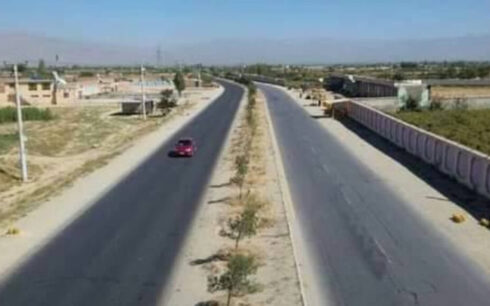The United Nations Human Rights Council has failed to adequately address the escalating human rights crisis in Afghanistan, according to the International Service for Human Rights (ISHR), a prominent watchdog organization.
In a statement, ISHR condemned the Council’s recent resolution, which it said falls short of providing mechanisms for justice, accountability, and reparations for serious human rights abuses, some of which may constitute crimes against humanity, including gender-based persecution.
Despite persistent calls from Afghan, regional, and international organizations, the resolution does not establish an independent investigative mechanism to gather and preserve evidence of international crimes committed in Afghanistan. Such a mechanism, according to ISHR, would bolster accountability efforts and support cases at the International Criminal Court and the International Court of Justice.
In its statement, ISHR noted that the resolution does, however, contain language that could serve as a “blueprint for future action” by acknowledging the need for accountability measures, including evidence collection and preservation. South Africa, speaking at the adoption of the resolution, emphasized that the document lays a foundation upon which the Human Rights Council “can and indeed must build going forward.”
The resolution references a recent report from the Office of the High Commissioner for Human Rights (OHCHR), which underscored the necessity of addressing impunity for decades of abuses in Afghanistan. The report recommended that accountability efforts be comprehensive, multidimensional, and gender-responsive to address the needs of victims.
ISHR’s head, Tess McEvoy, underscored the urgency of establishing an independent mechanism that focuses on the gendered dimensions of abuses in Afghanistan, stating, “An independent accountability mechanism is urgently needed to address past and ongoing abuses, with a gender-responsive approach to justice for all, including women and girls.”
The resolution also extends the mandate of Richard Bennett, the U.N. Special Rapporteur for Afghanistan, who has been tasked with monitoring the human rights situation in the country amid ongoing restrictions and abuses under Taliban rule.





